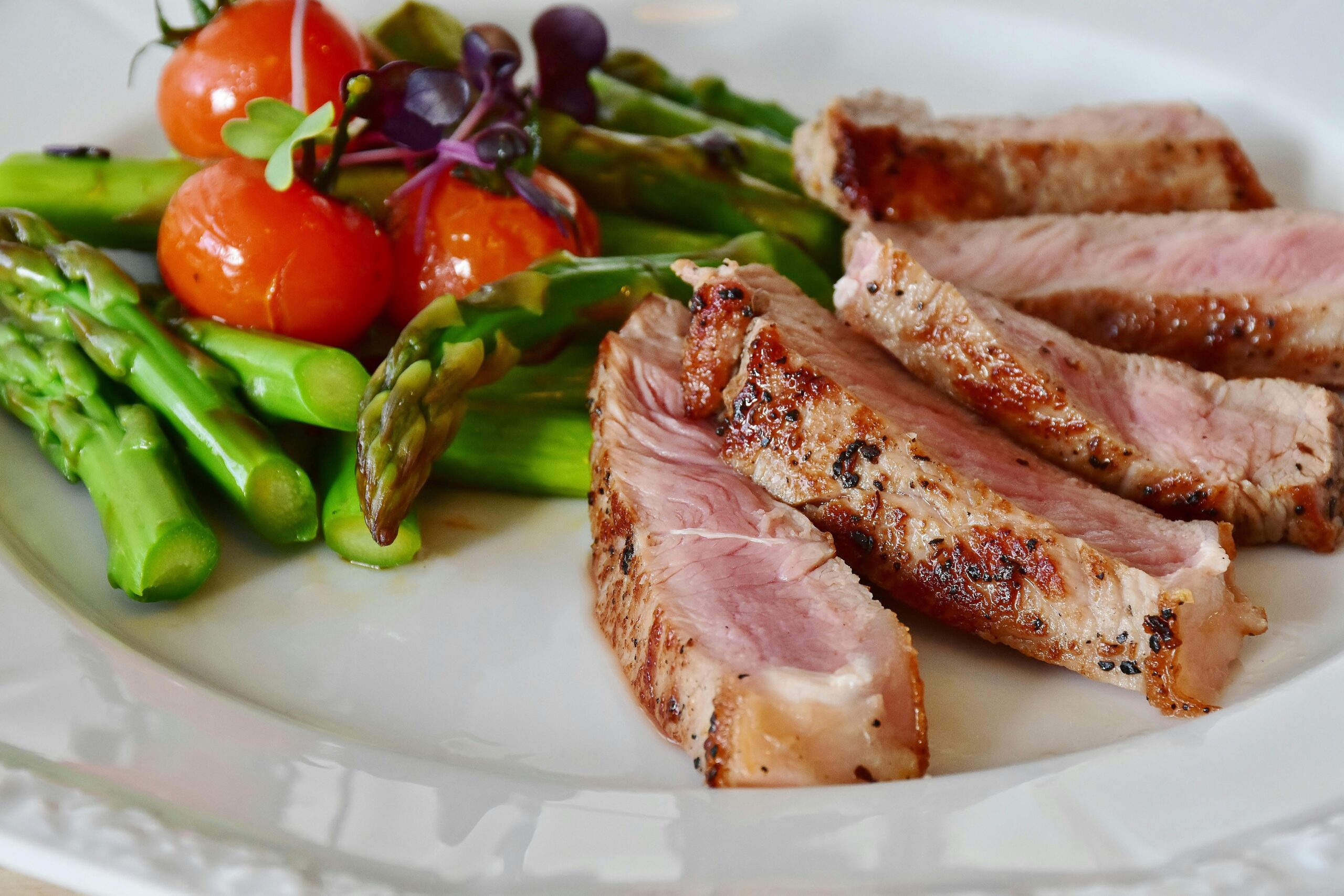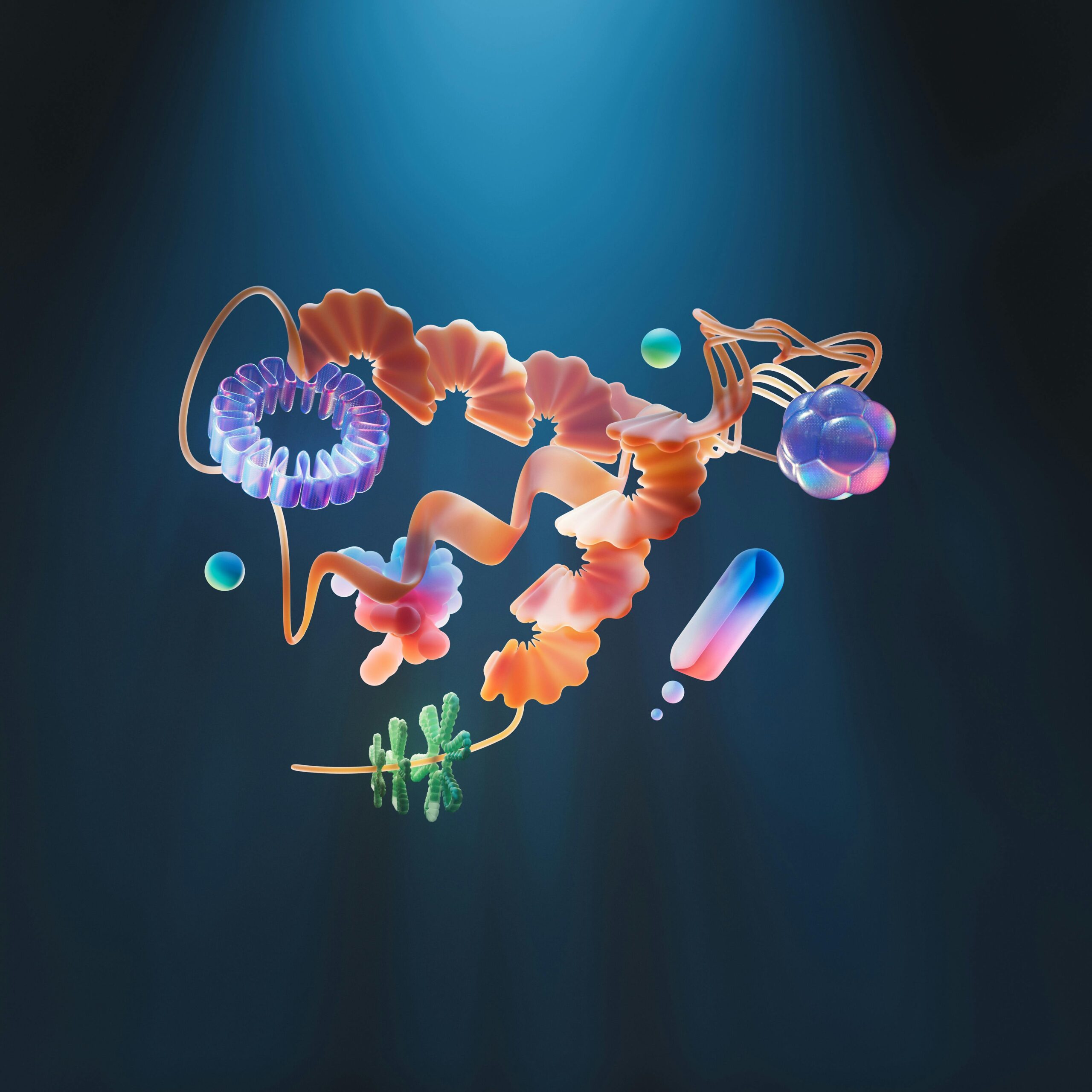Your body is a biochemical masterpiece, running on a blend of proteins, fats, carbs, vitamins, minerals, and other nutrients. But it’s the essential nutrients—the ones your body cannot make on its own—that demand close attention. This guide breaks down every essential vitamin, mineral, and amino acid, including what they do, why you need them, and where to find them in food.
🌿 Essential Vitamins
Fat-Soluble Vitamins (A, D, E, K)
These are stored in the body and absorbed with dietary fat.
- Vitamin A (Retinol)
Function: Vision, immune health, reproduction, cellular communication
Sources: Liver, eggs, dairy, cod liver oil, orange/yellow vegetables (as beta-carotene) - Vitamin D (D3 > D2)
Function: Calcium absorption, immune function, mood regulation
Sources: Sunlight, fatty fish, egg yolks, liver, fortified foods - Vitamin E (Tocopherol)
Function: Antioxidant, skin and eye health, immune support
Sources: Nuts, seeds, wheat germ, spinach, sunflower oil, animal fats like egg yolks and liver - Vitamin K (K1 & K2)
Function: Blood clotting (K1), bone and arterial health (K2)
Sources: Leafy greens (K1), natto, cheese, egg yolks, liver (K2)
💧 Water-Soluble Vitamins (B-Complex + C)
Not stored long-term; regular intake is needed.
- B1 (Thiamine) – Energy metabolism
Sources: Pork, sunflower seeds, whole grains - B2 (Riboflavin) – Energy production, skin and eye health
Sources: Dairy, eggs, meat, green vegetables - B3 (Niacin) – DNA repair, cholesterol metabolism
Sources: Chicken, tuna, beef, peanuts - B5 (Pantothenic Acid) – Hormone and cholesterol synthesis
Sources: Almost all foods, especially liver, eggs, mushrooms - B6 (Pyridoxine) – Neurotransmitter synthesis, metabolism
Sources: Poultry, potatoes, bananas - B7 (Biotin) – Hair, skin, nail health; fat and carb metabolism
Sources: Eggs, liver, nuts, seeds - B9 (Folate) – DNA synthesis, pregnancy support
Sources: Leafy greens, legumes, liver - B12 (Cobalamin) – Red blood cell and nerve function
Sources: Animal products only (meat, fish, dairy, eggs) - Vitamin C (Ascorbic Acid) – Antioxidant, collagen formation, iron absorption
Sources: Citrus, berries, bell peppers, broccoli, and small amounts in raw liver and certain organ meats
🧂 Essential Minerals
Macro-minerals
- Calcium – Bone structure, nerve signaling
Sources: Dairy, sardines, leafy greens - Magnesium – Muscle and nerve function, over 300 enzymatic processes
Sources: Pumpkin seeds, almonds, spinach, black beans - Potassium – Electrolyte balance, blood pressure regulation
Sources: Bananas, potatoes, avocados, beans - Sodium – Fluid balance, nerve impulses
Sources: Salt, seaweed, cured meats - Phosphorus – Bone structure, energy storage (ATP)
Sources: Meat, dairy, nuts, legumes - Chloride – Electrolyte balance, stomach acid production
Sources: Salt, seaweed, tomatoes, celery
Trace Minerals
- Iron – Hemoglobin and oxygen transport
Sources: Red meat, liver, lentils, spinach (heme > non-heme for absorption) - Zinc – Immunity, wound healing, DNA synthesis
Sources: Oysters, beef, seeds, lentils - Copper – Iron metabolism, antioxidant activity
Sources: Shellfish, nuts, seeds, organ meats - Iodine – Thyroid hormone production
Sources: Iodized salt, seaweed, dairy - Selenium – Antioxidant, thyroid health
Sources: Brazil nuts, seafood, eggs - Manganese – Enzyme function, bone development
Sources: Whole grains, nuts, leafy greens - Chromium – Insulin sensitivity and glucose metabolism
Sources: Meat, whole grains, broccoli - Molybdenum – Enzyme function for detoxification
Sources: Legumes, grains, nuts
🥩 Essential Amino Acids
Proteins are made of 20 amino acids. 9 are essential—you must get them from food.
The 9 Essential Amino Acids
- Histidine – Growth, blood cell production
- Isoleucine – Muscle metabolism, immune function
- Leucine – Muscle repair, blood sugar regulation
- Lysine – Collagen formation, immune support
- Methionine – Detoxification, precursor to other amino acids
- Phenylalanine – Precursor to dopamine, epinephrine
- Threonine – Skin and connective tissue formation
- Tryptophan – Precursor to serotonin and melatonin
- Valine – Muscle metabolism and repair
Best Food Sources
- Complete Proteins (contain all 9): Eggs, meat, fish, dairy, soy, quinoa
- High Bioavailability: Whey protein, eggs, beef, chicken
- Complementary Plant Sources: Rice + beans, lentils + nuts, hummus + pita
Final Thoughts
Every essential nutrient plays a role—some subtle, some significant. Without them, the body begins to underperform, like an orchestra missing key instruments. By eating a diet rich in whole, nutrient-dense foods from both plants and animals, you can support every system in your body, from cognition to circulation.
Let this guide be your foundation as you explore nutrition further.



